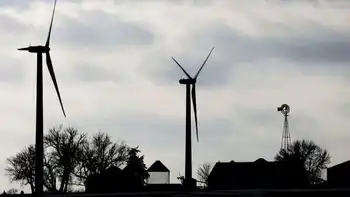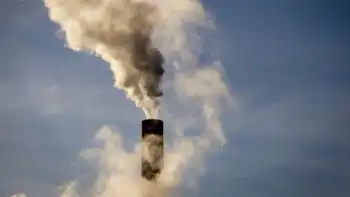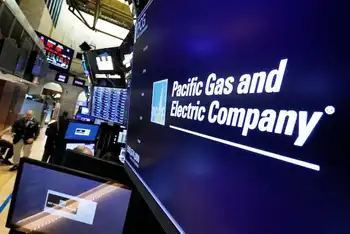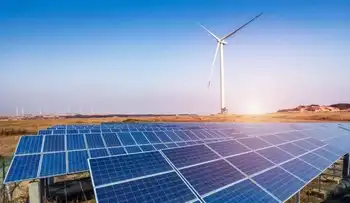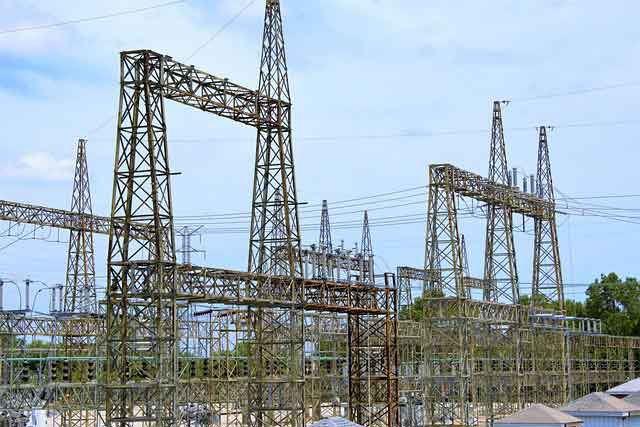The culmination of the "Boone Pickens Bill"
By R. Emmett Tyrrell Jr., Washington Times
Substation Relay Protection Training
Our customized live online or in‑person group training can be delivered to your staff at your location.

- Live Online
- 12 hours Instructor-led
- Group Training Available
A bill was introduced in Congress that can end American dependence on foreign oil. What is called the New Alternative Transportation to Give Americans Solutions Act — more simply put, the Nat Gas Act — came to Congress on April 6. It had bipartisan support. It ought to pass and pass promptly.
It could be called the Boone Pickens Bill.
The process began with the Pickens Plan for global energy security in 2008. Authored by the legendary oilman Boone Pickens, who put some $80 million of his own money into promoting it, it called for the development of all sources of energy, including wind and solar.
Boone recognized that as long as America is dependent on foreign oil, America has a national security problem. We import 70 percent of our oil, a number that can only go up unless something is done. The oil comes from unfriendly countries in the worst scenario, unstable countries in a slightly better scenario.
Canada is the best scenario, but cannot provide all the oil we need.
In the meantime, a very auspicious development has taken place. America has become the Saudi Arabia of natural gas. In fact we probably have more energy capacity in natural gas than the Saudis have in oil.
In the last few years, natural gas has been found in abundance in the United States. We have more than 2,000 trillion cubic feet of natural gas reserves, mostly in Appalachia, Arkansas, Louisiana, Oklahoma and Texas — more than twice the amount of Saudi oil, enough to last us 100 years, probably more.
Recent innovations make it cleaner to burn and cheaper to use. It is the only fuel that can replace diesel in semis and other heavy-duty vehicles. Battery power will not work on these behemoths, nor will ethanol.
The Nat Gas Act that is now pending before Congress will extend and increase tax credits for natural gas and fueling. The key clauses call for the orderly replacement of diesel-powered 18-wheeler semis and other heavy-duty vehicles with natural gas over a five- to seven-year period. It also gives tax incentives to truck stop owners to supply natural gas.
That will amount to a savings of 2.5 million barrels of oil a day. It will cut our reliance on OPEC oil by 50 percent. This is why Boone calls it "a game changer."
With our reliance on OPEC down by 50 percent, the oil producers will have to negotiate with us for the price they charge us for oil. Also, we will have a breathing spell during which to find alternative sources of energy.
It seems to me that the way to look at the Nat Gas Act is as a national security measure.
American presidents since Jimmy Carter have called for America to be energy independent. They wanted us to drill, to develop wind and solar, to expand our nuclear potential. Well, we can do all that but we have here and now the capacity to be independent.
The solution is natural gas.
Get the semis and other heavy-duty vehicles on it now. About a year ago, the price of gas at the pump was not much of a problem. Now that price has shot up with turbulence in the Middle East there are predictions of $5-a-gallon gasoline. It could have been avoided had we acted on the Nat Gas Act a couple of years ago.
The time to act is now. Our national security will be enhanced.
I have made a few calls around Washington. No one, save an environmental wacko, is against the Nat Gas Act. It is time for both Democrats and Republicans to prove that they can, acting together, get something done.
This bill has 157 co-sponsors. Pass the bill. And why not call it the Boone Pickens Bill? It is a lot easier to enunciate than the New Alternative Transportation to Give Americans Solutions Act.






